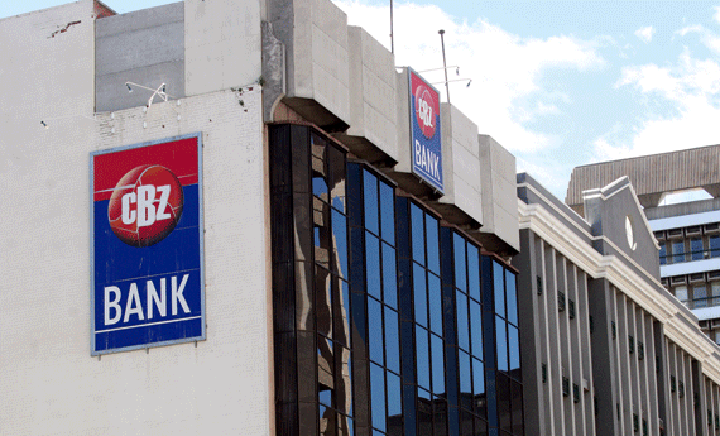CBZ profits in slight inflation knock
ZIMBABWE’S largest financial services group, CBZ Holdings experienced a near 5,5% decrease in profit after tax to $7,7 billion last year from the prior year, owing to the Zimbabwe dollar’s continued depreciation.
The local currency continues to depreciate, owing to failing support levels, ending last year with a value of $108,66 to the United States dollar, up from $81,78 in 2020. This depreciation of the local currency has increased inflationary pressure.
Resultantly, the group saw its monetary loss widen by nearly 511% to $7,15 billion during the period under review, from a 2020 comparative of $1,17 billion. It also resulted in credit losses widening by about 382% to $7,33 billion last year, from $1,52 billion in the prior year.
The reduction in profit after tax for last year was from a 2020 comparative of $8,15 billion.
“In Zimbabwe, both the monetary and fiscal authorities continued to pursue policies aimed at achieving a balance between various competing goals. Government and private sector support in the agricultural sector resulted in the country recording significant improvement in the output of several agricultural commodities, including grains,” CBZ Holdings group chairman Marc Holtzman said in a statement attached to the group’s financial statements for the period ended December 31, 2021.
“The monetary authorities also pursued complementary monetary policy measures, to fight evident inflationary pressures and at the same time promote economic activity and growth through credit expansion and investment in the productive sectors.”
He said the government also increased infrastructure investment including, road rehabilitation, dam construction and airport expansions, which resulted in growth of private sector investors in the financial services, construction, manufacturing and transport sectors, among others.
The group’s $17,12 billion Reserve Bank of Zimbabwe (RBZ) savings bond exposure nearly doubled the group’s money market assets to $24,35 billion from a 2020 comparative of $12,18 billion.
The group also increased its loans and advances exposure by 18,13% to $55,9 billion last year, compared to $47,31 billion in 2020, owing to increases in agro-business loans, commercial loans and interest accrued in 2021.
Interest on loans drove CBZ Holdings to register a 221,23% increase in net interest income to $19,03 billion last year, from a 2020 comparative of $5,92 billion.
Increments in money market assets and loans and advances helped boost the group’s total assets to $190,3 billion, from a 2020 comparative of $152,21 billion.
CBZ also recorded an increase of nearly 25% in cash and cash equivalents to $39,56 billion which also helped increase the group’s total assets, owing mostly balances held in foreign banks.
Deposits grew by about 25,4% to $131,37 billion last year, from a 2020 comparative of $104,77 billion, driven by an increase in savings and other deposits.
“The shift towards environmental accountability is expected to gather pace in 2022, hence the Group’s ongoing efforts to embed environmental, social and governance practices and goals in operations,” Holtzman said.
During the period under review, CBZ Holdings grew its non-interest income to $23,09 billion, up 35,27% from 2020’s comparative $17,07 billion.
Net interest and non-interest income increased CBZ’s total income to $42,54 billion last year, from a 2020 comparison of $23,46 billion.
Of concern going forward, is an increase of nearly 91% in operating expenditure to $17,09 billion from a 2020 comparative of $8,95 billion.
This was largely driven by increases in staff costs and administrations to $10,13 billion and $5,11 billion, respectively, increases of 98,29% and 91,61%, from 2020, reflecting increased inflationary pressure.
Secondly, another cause of concern included in other receivables is an amount of $17,27 billion (2020: $15,3 billion) which relates to the RBZ financial asset in lieu of legacy debt registration.-newsday











